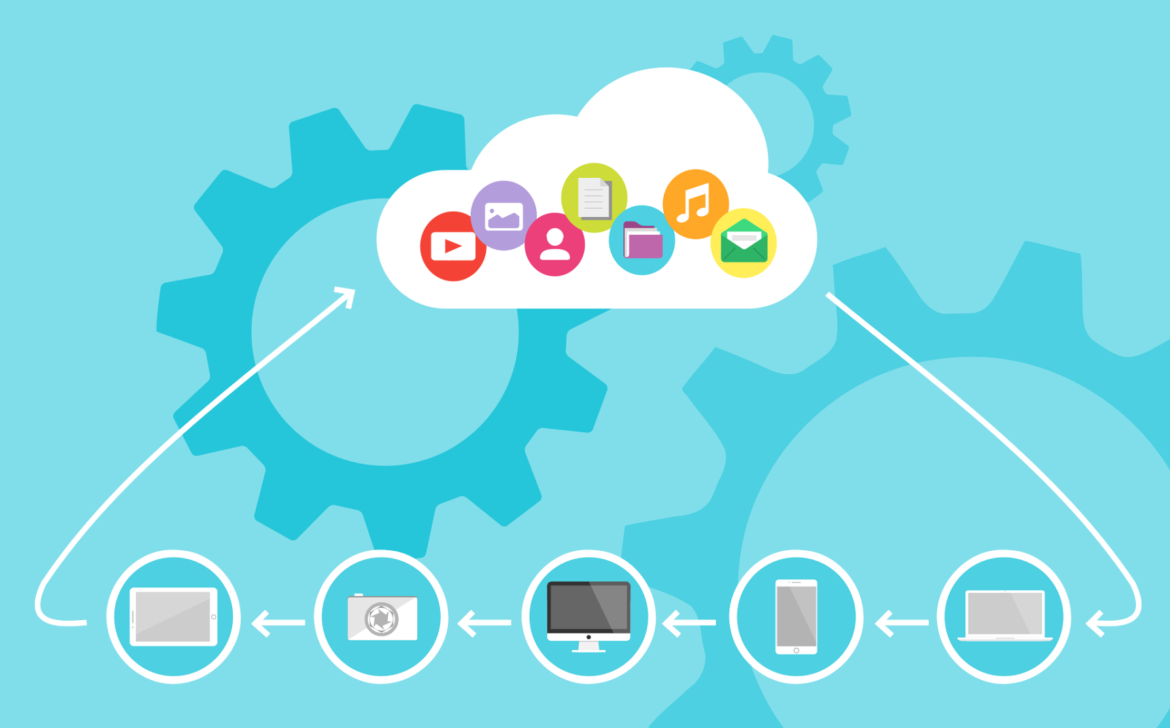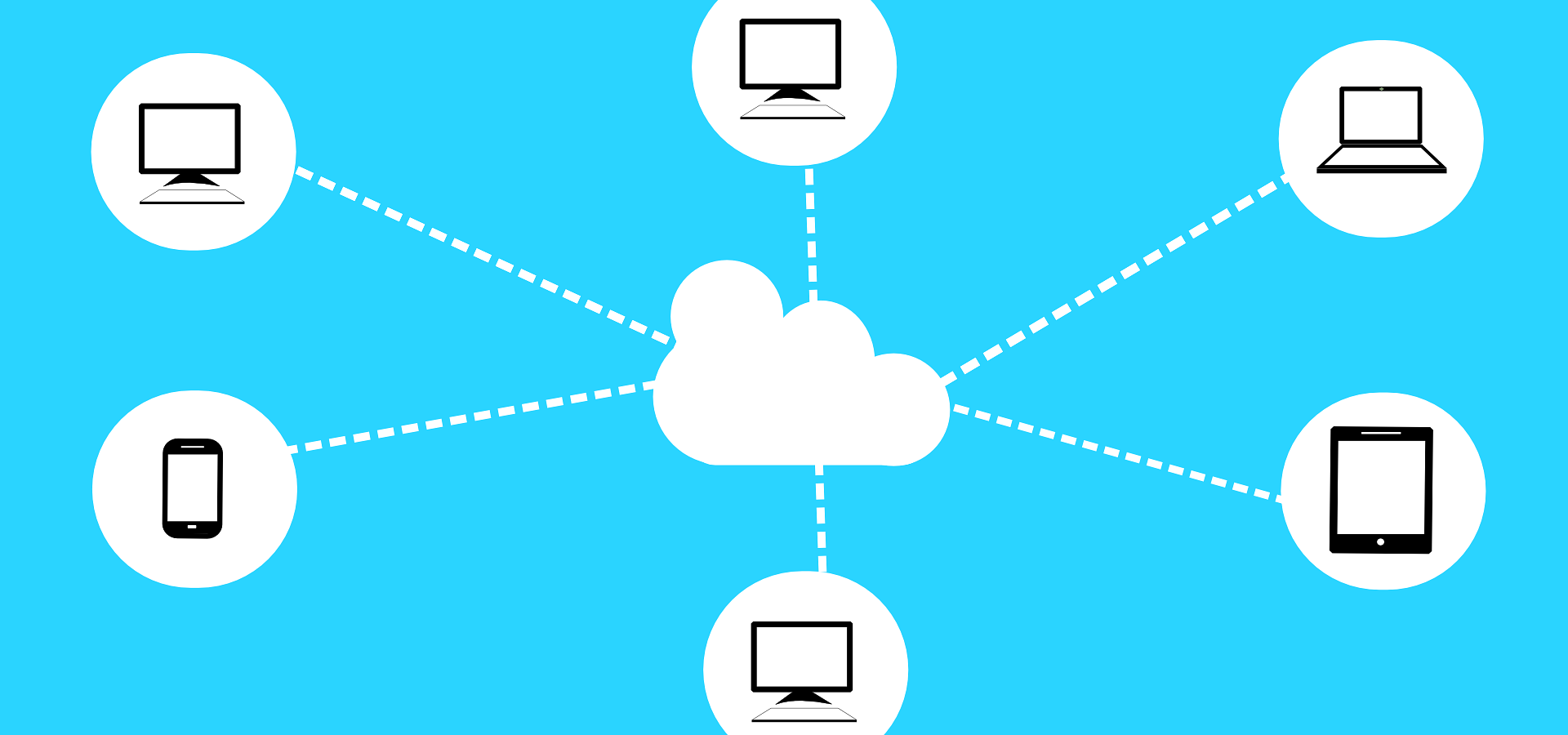Budgeting 101: Practical Tips for Managing Your Finances

Introduction:
Managing your finances effectively is a fundamental skill that lays the foundation for a secure and stress-free financial future. One of the most powerful tools for financial management is budgeting. By creating and sticking to a budget, you gain control over your money, track your expenses, save for goals, and make informed financial decisions. In this blog post, we will explore practical tips for mastering the art of budgeting and managing your finances.
- Assess Your Income and Expenses:
Start by assessing your income sources and understanding your expenses. Calculate your monthly income, including salary, bonuses, and any additional sources of income. Next, track your expenses over a few months to gain a clear understanding of where your money is going. Categorize your expenses into essential (e.g., rent, utilities, groceries) and discretionary (e.g., dining out, entertainment) to identify areas for potential savings.
- Set Financial Goals:
Establishing clear financial goals is essential for effective budgeting. Determine short-term goals (e.g., building an emergency fund, paying off debt) and long-term goals (e.g., saving for retirement, purchasing a home). Assign specific amounts and target deadlines to each goal. These goals will serve as a driving force behind your budgeting efforts and help you stay motivated.
- Create a Realistic Budget:
Based on your income and expenses, create a realistic budget that aligns with your financial goals. Allocate a portion of your income to essential expenses, such as housing, utilities, transportation, and groceries. Determine a reasonable amount for discretionary spending and entertainment, ensuring it fits within your overall financial picture. Set aside a portion for savings and debt repayment.
- Track Your Spending:
Regularly monitor your spending to ensure you stay within your budget. Keep track of your expenses using budgeting apps, spreadsheets, or dedicated software. Review your spending patterns and identify areas where you can make adjustments. Tracking your spending helps you stay accountable and make informed decisions about your financial priorities.
- Cut Back on Unnecessary Expenses:
Identify areas where you can reduce unnecessary expenses. Analyze your discretionary spending and look for opportunities to cut back without sacrificing your quality of life. Consider alternatives to expensive habits, such as dining out less frequently, finding affordable entertainment options, or shopping smartly by comparing prices and seeking discounts.
- Prioritize Debt Repayment:
If you have outstanding debts, prioritize their repayment in your budget. Allocate a portion of your income towards debt payments, focusing on high-interest debts first. Consider strategies like the debt snowball or debt avalanche method to accelerate your debt repayment journey. As you eliminate debts, redirect the freed-up funds towards savings and other financial goals.
- Build an Emergency Fund:
An emergency fund is a crucial component of a solid financial plan. Set aside a portion of your income each month towards building an emergency fund. Aim for at least three to six months’ worth of living expenses as a safety net for unexpected situations. An emergency fund provides financial security and peace of mind during challenging times.
- Automate Savings:
Make saving a priority by automating your savings. Set up automatic transfers from your checking account to a savings account or investment vehicle. This approach ensures consistent savings without relying on willpower alone. Consider utilizing employer-sponsored retirement plans like 401(k)s or individual retirement accounts (IRAs) for long-term savings.
- Review and Adjust Regularly:
Your budget is not set in stone. It’s important to review and adjust it regularly as your financial situation evolves. Life circumstances, income changes, and financial goals may require modifications to your budget. Conduct periodic reviews to ensure your budget reflects your current priorities and make adjustments as needed.
Conclusion:
Mastering the art of budgeting is a crucial step towards achieving financial stability and realizing your long-term goals. By implementing practical tips for managing your finances, such as assessing your income and expenses, setting financial goals, creating a realistic budget, tracking your spending, cutting back on unnecessary expenses, prioritizing debt repayment, building an emergency fund, automating savings, and regularly reviewing and adjusting your budget, you can take control of your financial future.



























